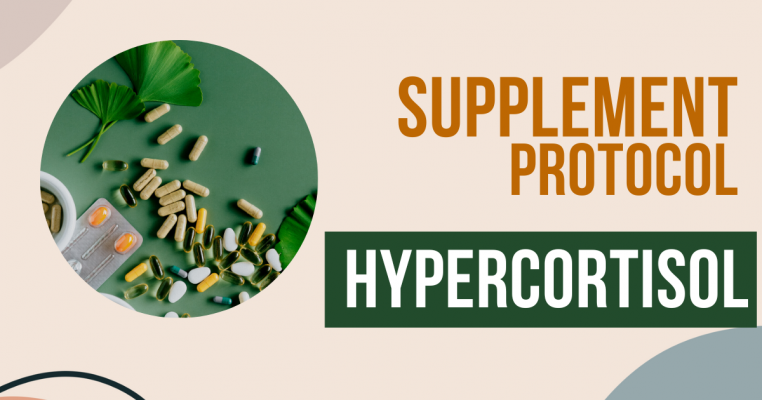The autoimmune protocol (AIP) is a dietary and lifestyle approach that is designed to help people with autoimmune illnesses. The AIP involves eliminating certain foods and substances from the diet, and incorporating other foods and lifestyle practices that are believed to support the immune system and reduce inflammation. The goal of the AIP is to restore balance to the immune system and reduce the risk of autoimmune flare-ups.
Autoimmune illnesses are a group of conditions in which the immune system mistakenly attacks healthy cells and tissues in the body. These conditions can affect various organs and systems, and they can cause a wide range of symptoms, depending on the specific autoimmune illness. Some common autoimmune illnesses include rheumatoid arthritis, lupus, and multiple sclerosis.
While the AIP can be effective for some people, it does not work for everyone, and it may not resolve autoimmune illnesses in all cases. This is because autoimmune illnesses are complex and varied, and they can have a range of underlying causes. The AIP focuses on dietary and lifestyle factors, but these may not be the only causes of autoimmune illnesses, and they may not be the root cause in all cases.
In addition, the AIP is a restrictive diet, and it can be challenging for some people to follow. Many people find it difficult to eliminate certain foods and substances from their diet, and this can lead to feelings of deprivation and frustration. As a result, some people may not be able to stick with the AIP long-term, which can limit its effectiveness.
The specific foods and substances that are eliminated on the AIP vary depending on the individual, but they generally include processed foods, refined sugars, and certain oils and grains. In addition, the AIP typically involves eliminating foods that are common allergens, such as gluten, dairy, and soy.
Other foods and substances that are commonly eliminated on the AIP include:
- Nightshades: Nightshades are a group of plants that include vegetables such as tomatoes, potatoes, and peppers, as well as herbs such as paprika and cayenne pepper. These foods are believed to have inflammatory properties, and they are often eliminated on the AIP.
- Alcohol: Alcohol is a common trigger for autoimmune flare-ups, and it is typically eliminated on the AIP. This includes all types of alcohol, such as beer, wine, and spirits.
- Caffeine: Caffeine is a stimulant that can increase inflammation and disrupt the immune system. As a result, it is often eliminated on the AIP. This includes caffeine-containing beverages such as coffee, tea, and soda.
- Artificial sweeteners: Artificial sweeteners, such as aspartame and sucralose, are commonly used as sugar substitutes in processed foods and beverages. These sweeteners have been linked to inflammation and other health problems, and they are typically eliminated on the AIP.
In addition to these foods and substances, the AIP may also involve eliminating other foods and substances that are specific to an individual’s needs and health concerns. It’s important to work with a healthcare practitioner who is familiar with the AIP, and who can help you to determine which foods and substances are appropriate to eliminate when you have an autoimmune condition.
The AIP is a dietary and lifestyle approach that can be effetive for some people with autoimmune illness. However, it does not work for everyone and it may not resolve autoimmune illness in all cases.
While the AIP can support the immune system and reduce inflammation, it does not address the underlying causes of autoimmune illnesses. As such, people with autoimmune illnesses should continue to work with their healthcare practitioners, and should not rely solely on the AIP for the management of their condition.

A Step in the Right Direction
Your return to health starts by signing up for an insightful Health Advocacy Session. Learn more about our programs today.
The Wellness Journal







